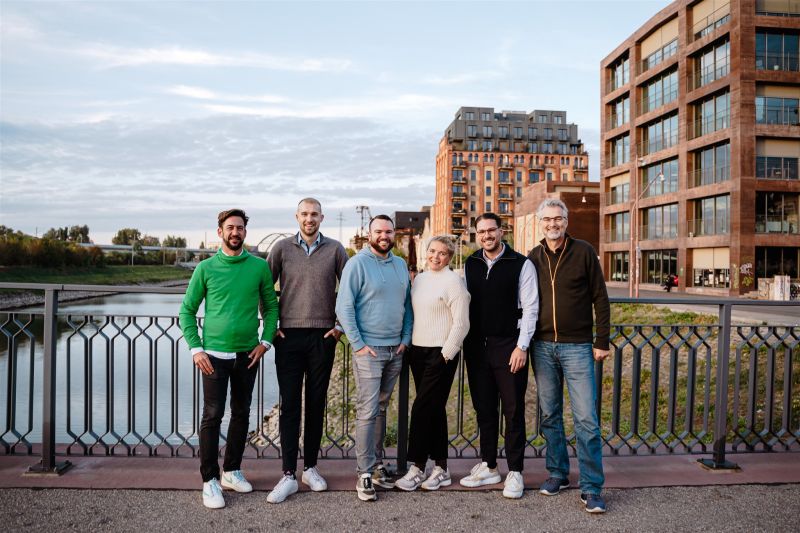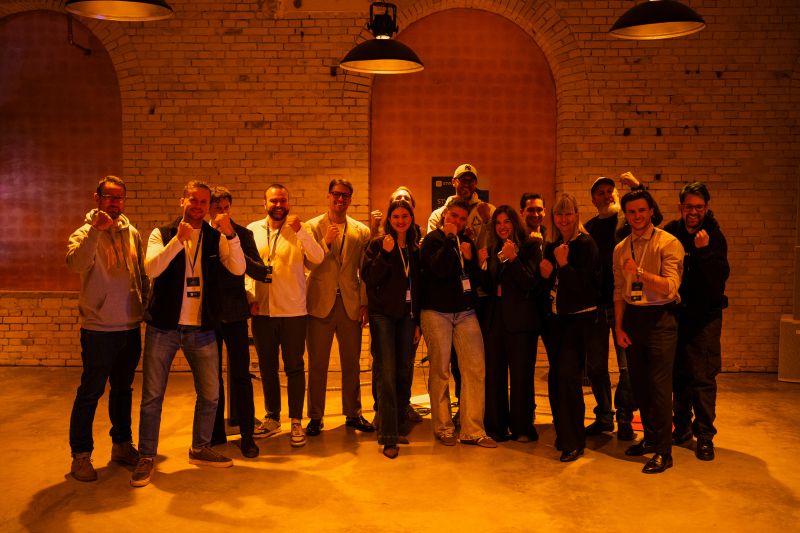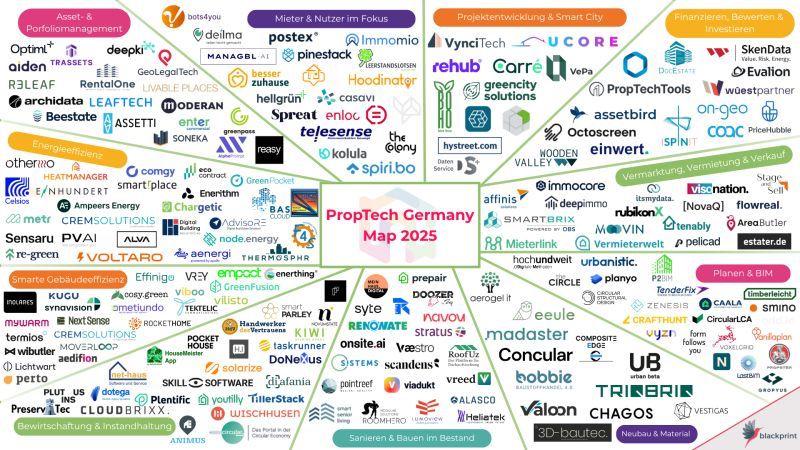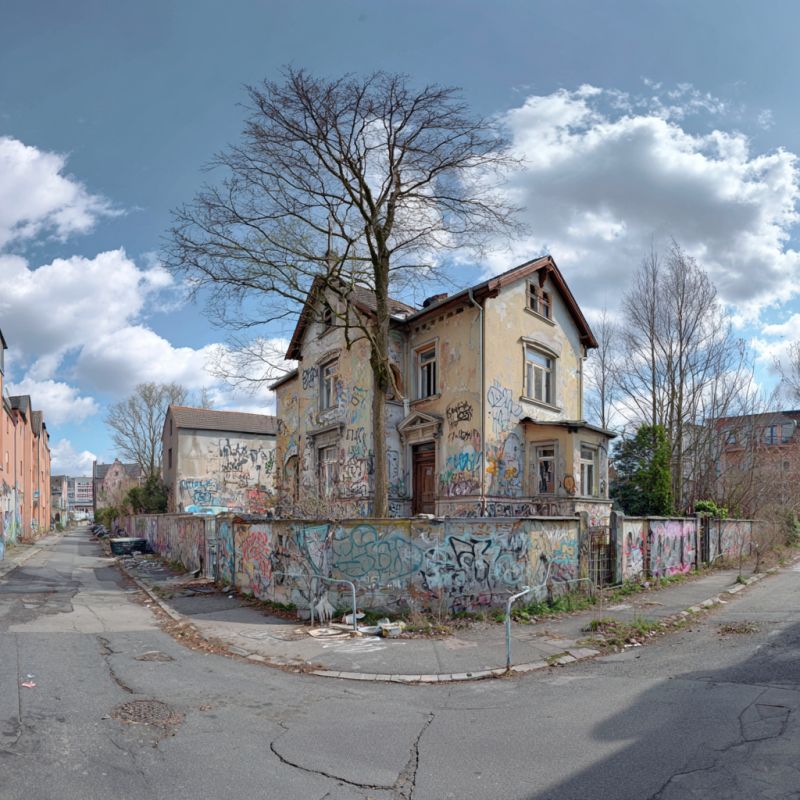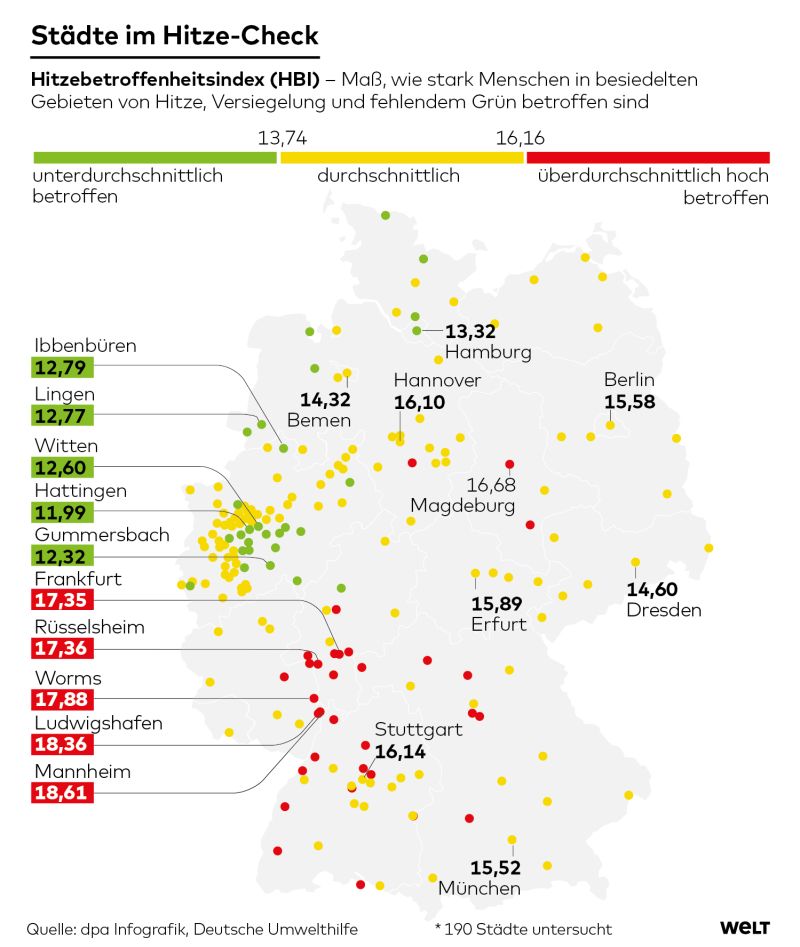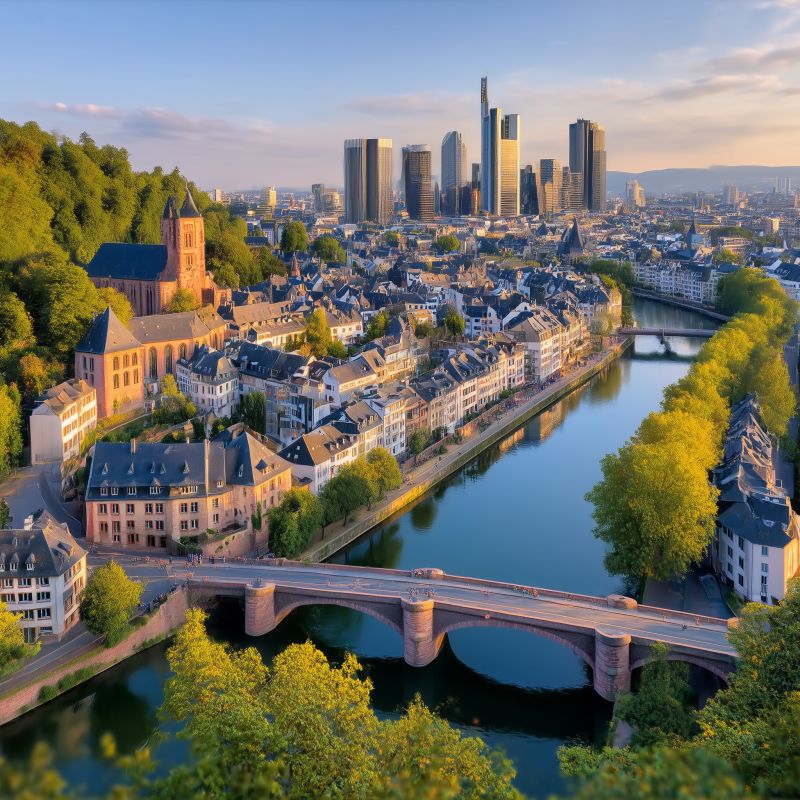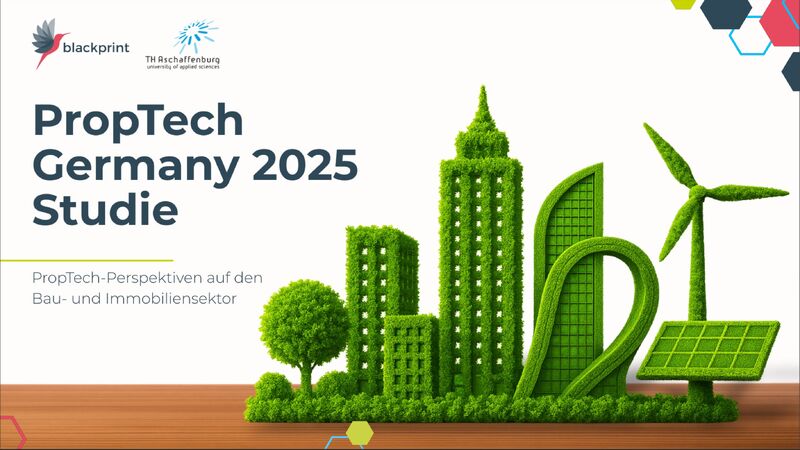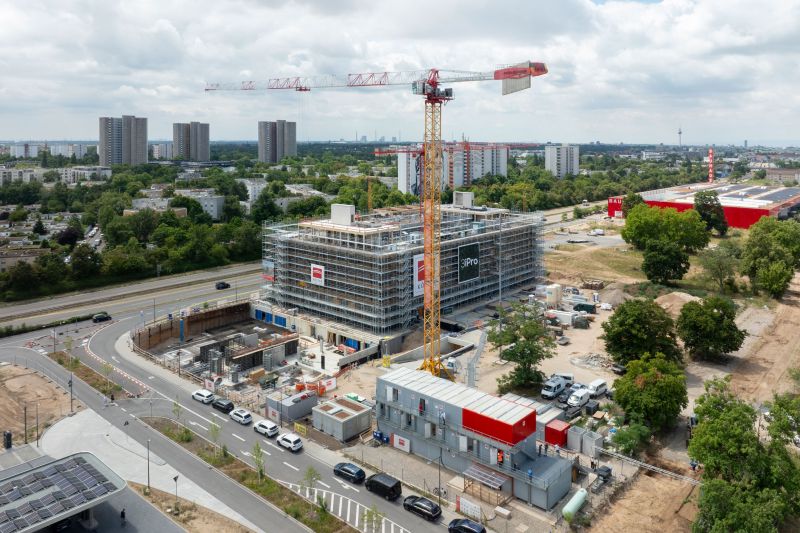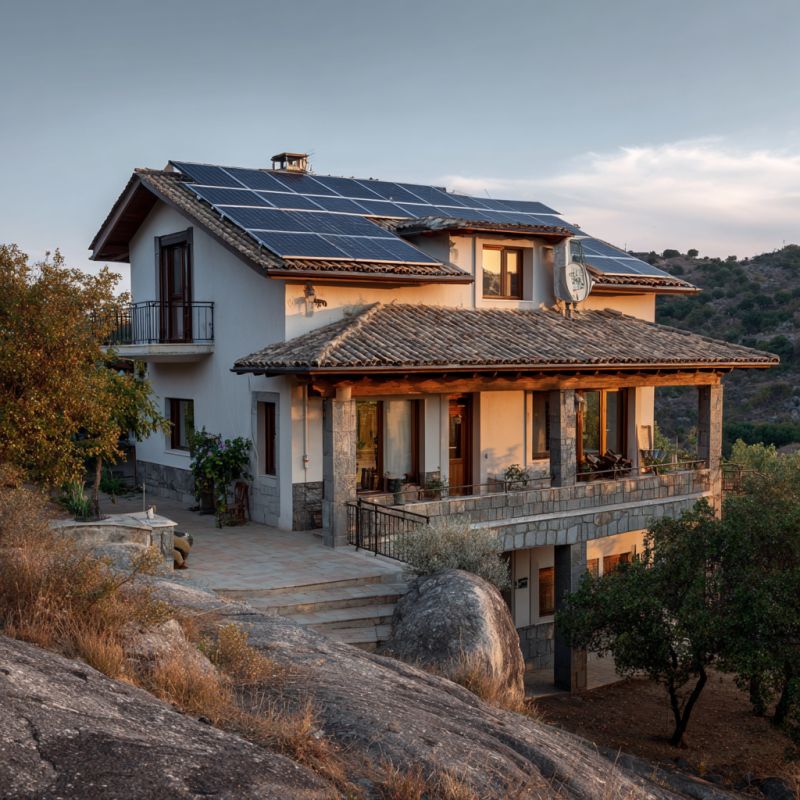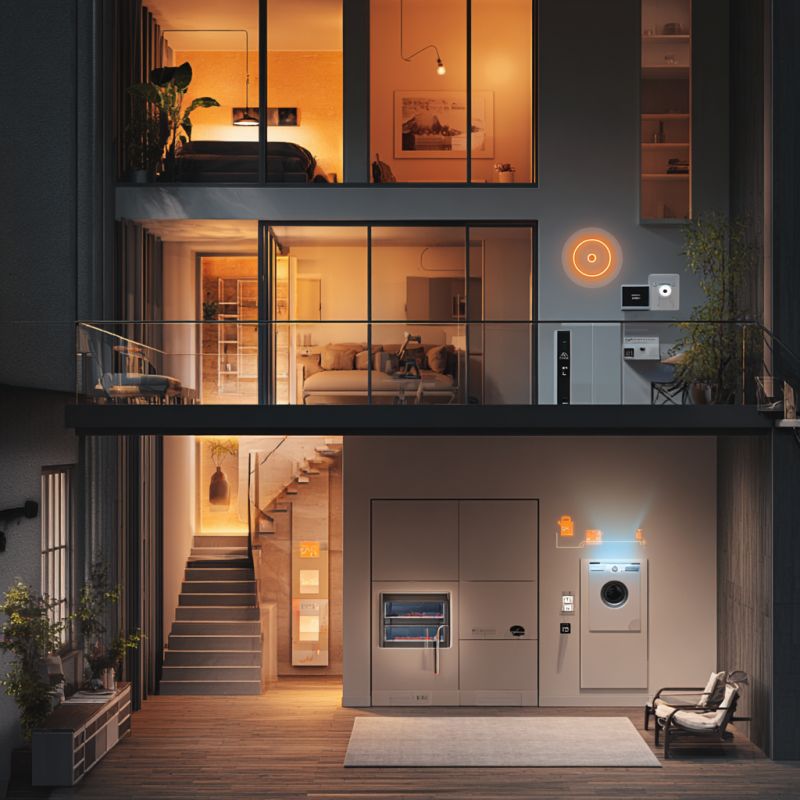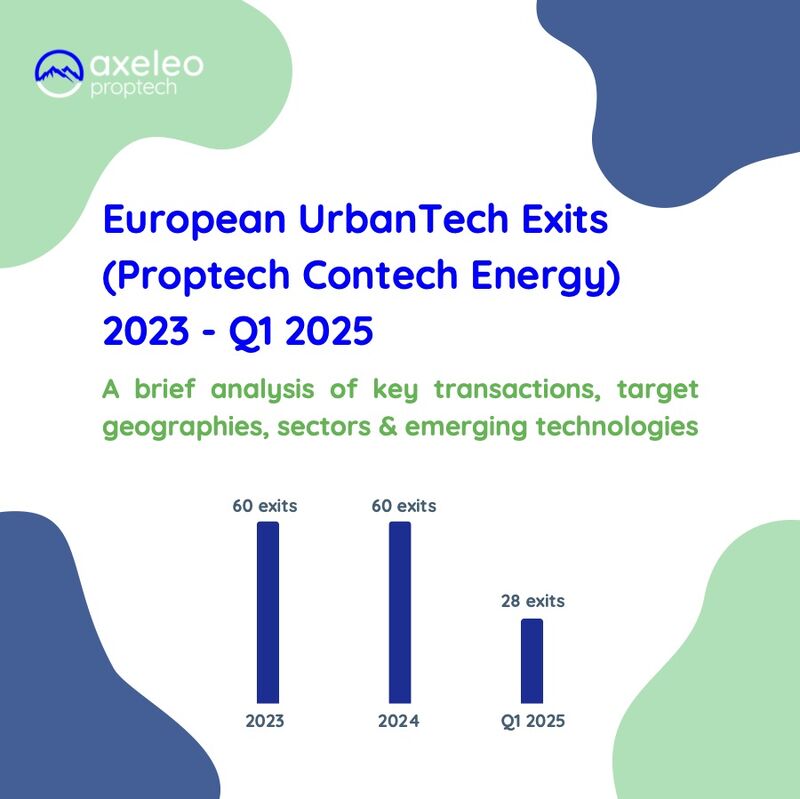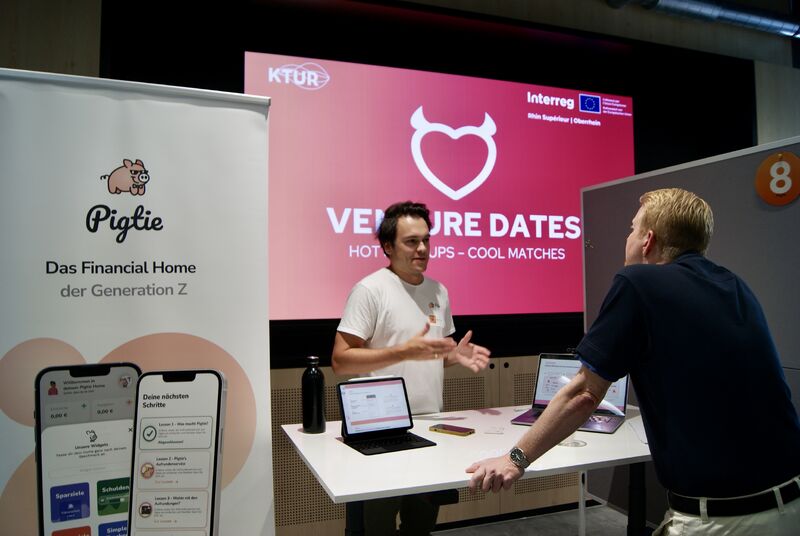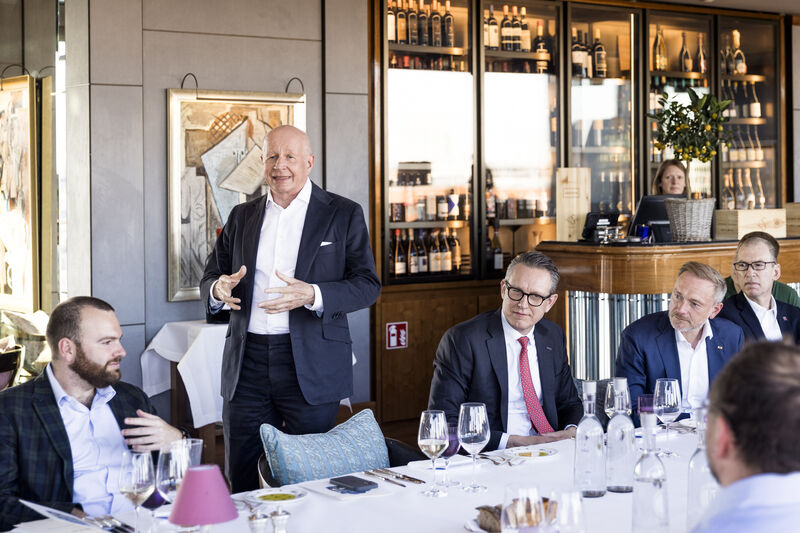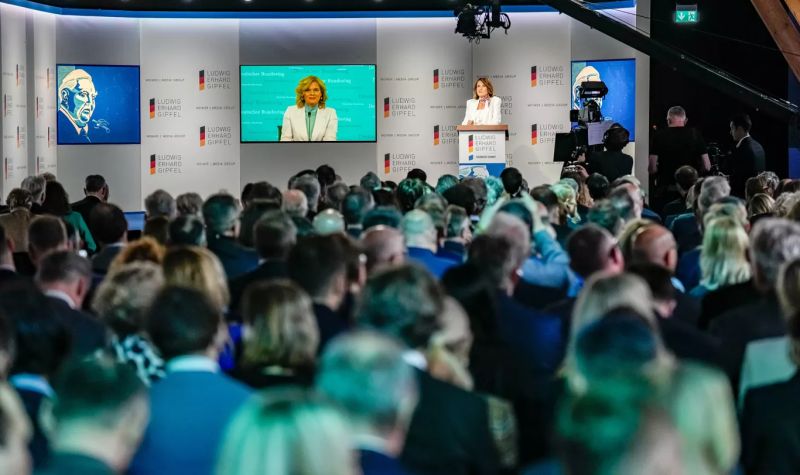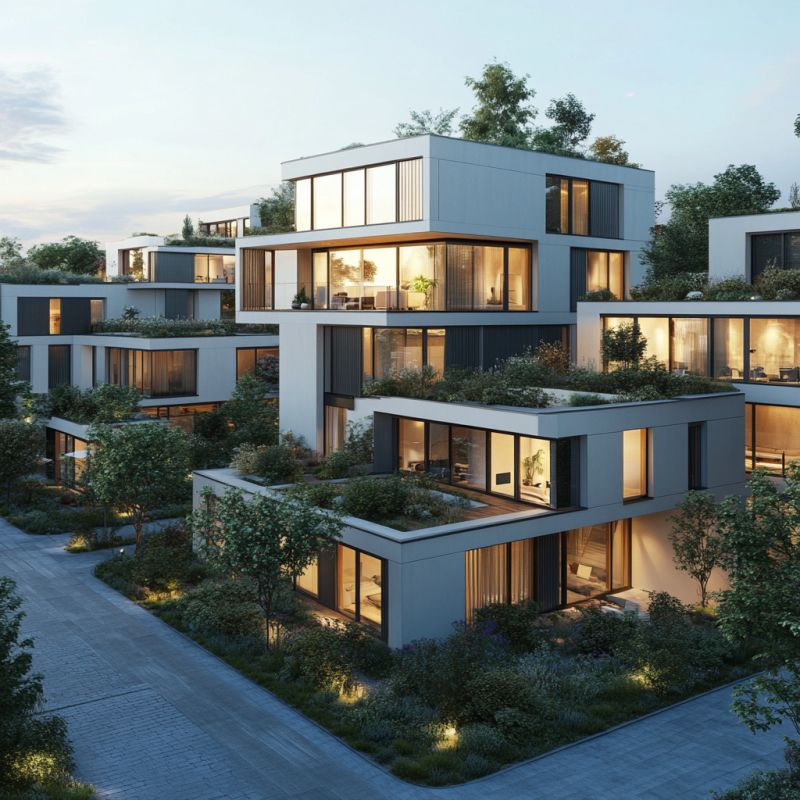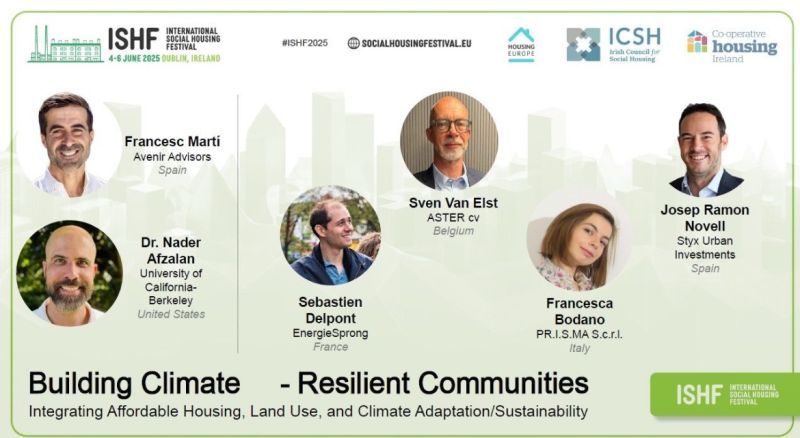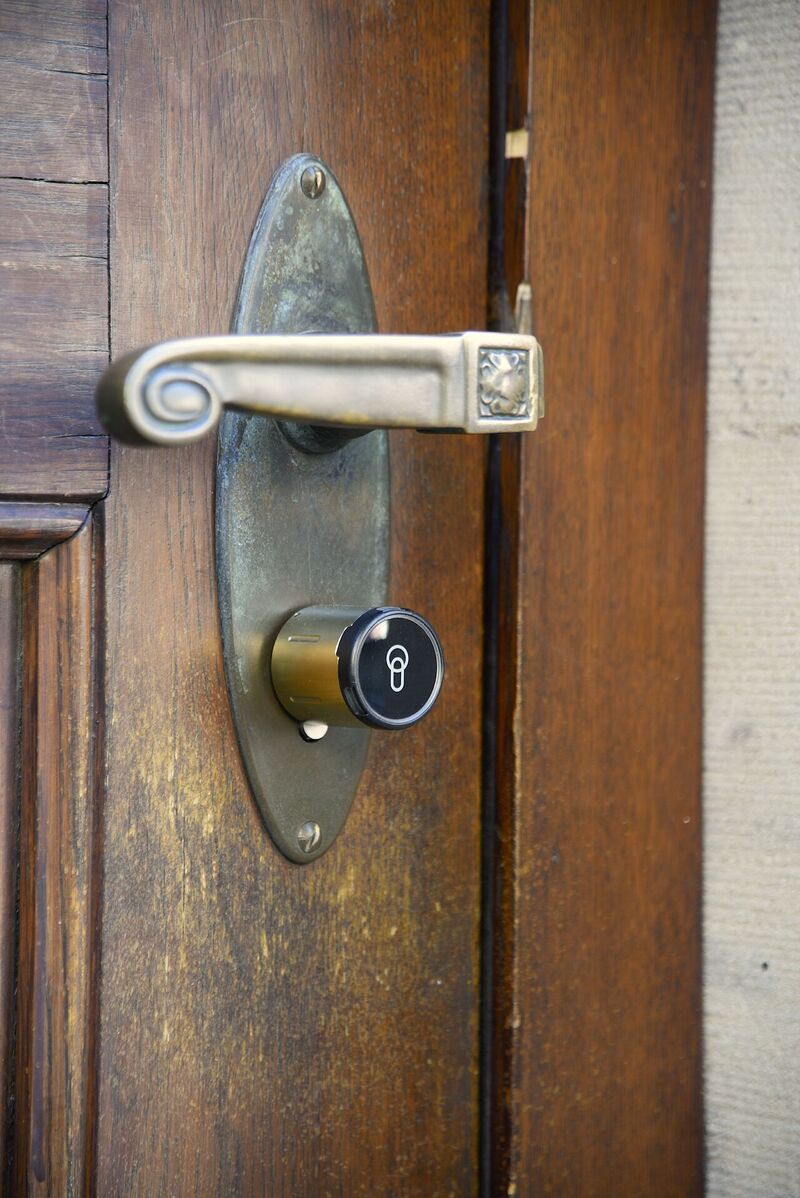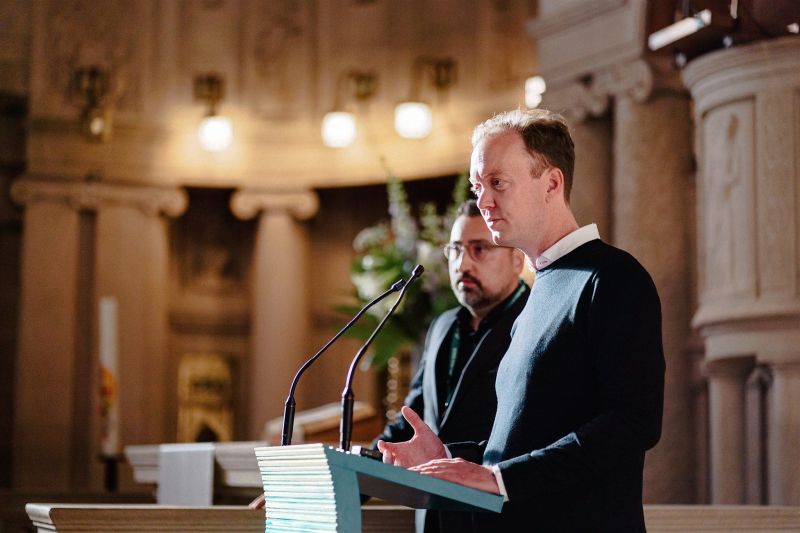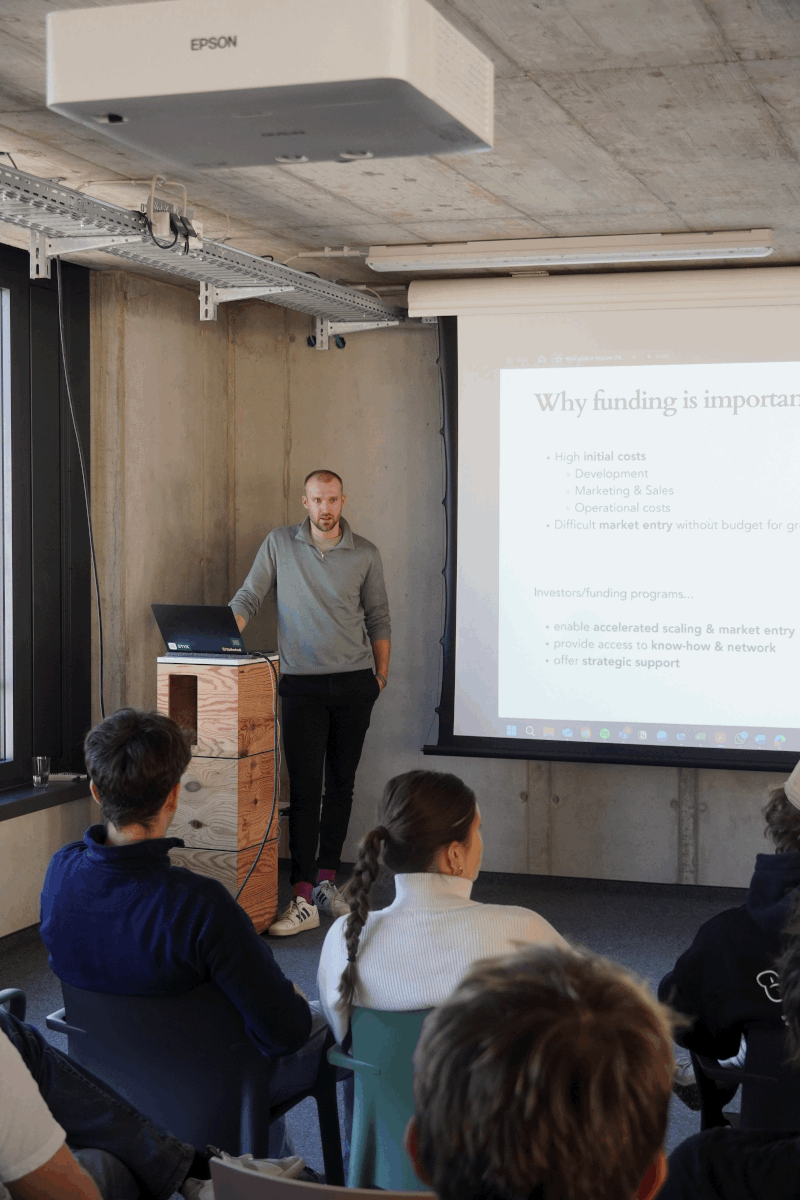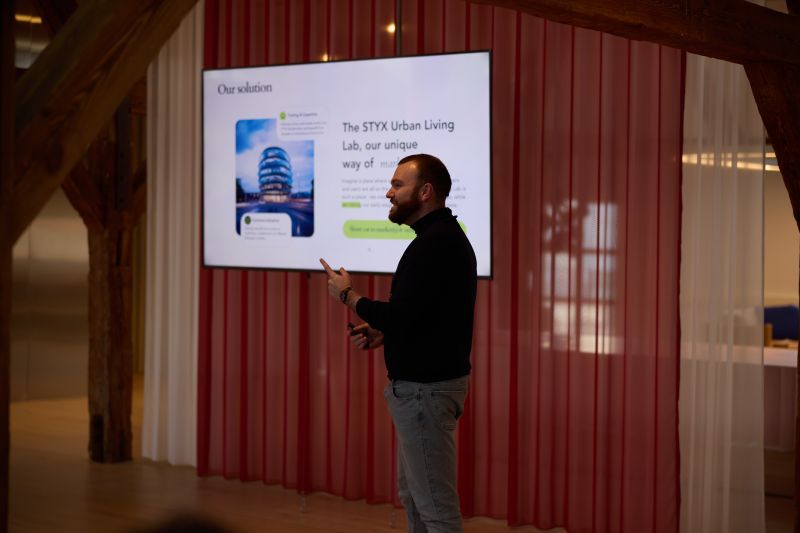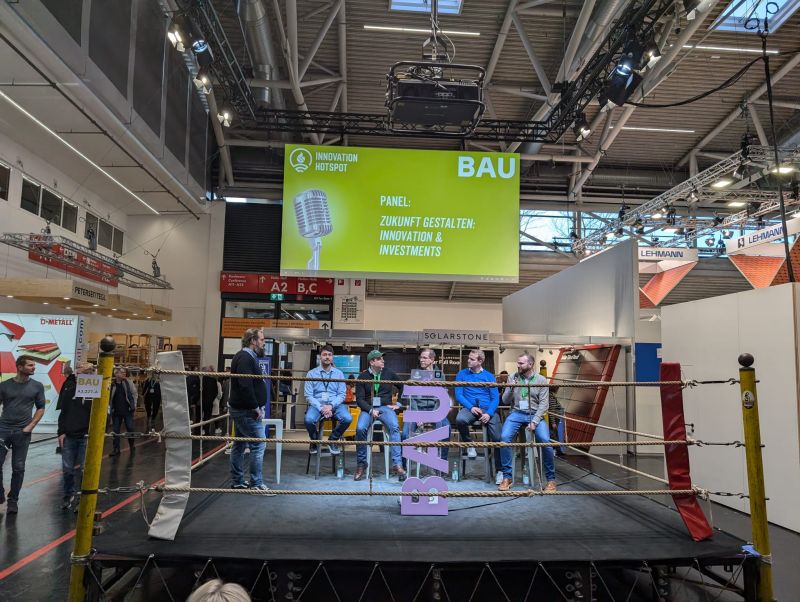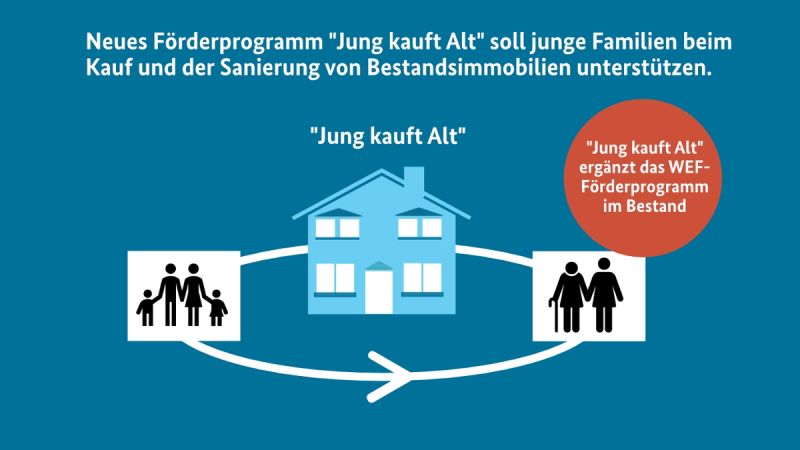
🏡 Big plans, little impact
Germany launched #JungkauftAlt in September 2024 to support families in purchasing and renovating existing homes.The goal: reduce rural vacancies and at the same time ease urban housing shortages. Families with children and below certain income thresholds were promised low-interest KfW (Kreditanstalt für Wiederaufbau) loans if they committed to upgrading older, energy-inefficient houses.🎯
By July 2025, the outcome is sobering: only 592 approvals nationwide despite an annual budget of €350 million.
⚡Why demand remains so low:
📊 Strict eligibility: Families must stay below an income cap of €90,000 per year with one child, plus €10,000 for each additional child. This excludes many households who could theoretically afford and manage a renovation project but earn just above the limit.
💶 Limited funding: The program provides only €100,000–150,000 in loans, while purchase prices for single-family homes range between €300,000 and €500,000. Families must therefore finance the largest share of the investment through commercial banks, often at higher interest rates.
🛠️ High renovation costs: On top of the purchase price, at least €100,000 is typically needed for energy upgrades such as new heating, insulation, or roof repairs. This erodes the advantage of lower loan interest rates and makes the program unattractive for many.
📑 Bureaucratic hurdles: Applications are complex, with mandatory energy audits and strict renovation deadlines. Even the housing ministry admitted it is “analyzing the application behavior very closely”.
📍 Location issues: Many eligible houses are located in regions far from jobs, schools, or childcare. Families often prefer to stay in smaller city apartments with better infrastructure, even at higher rents.The program shows how political ambition and everyday reality diverge. While €350 million in funding is on the table, strict rules, high costs, and poor locations prevent families from making use of it.🚨







